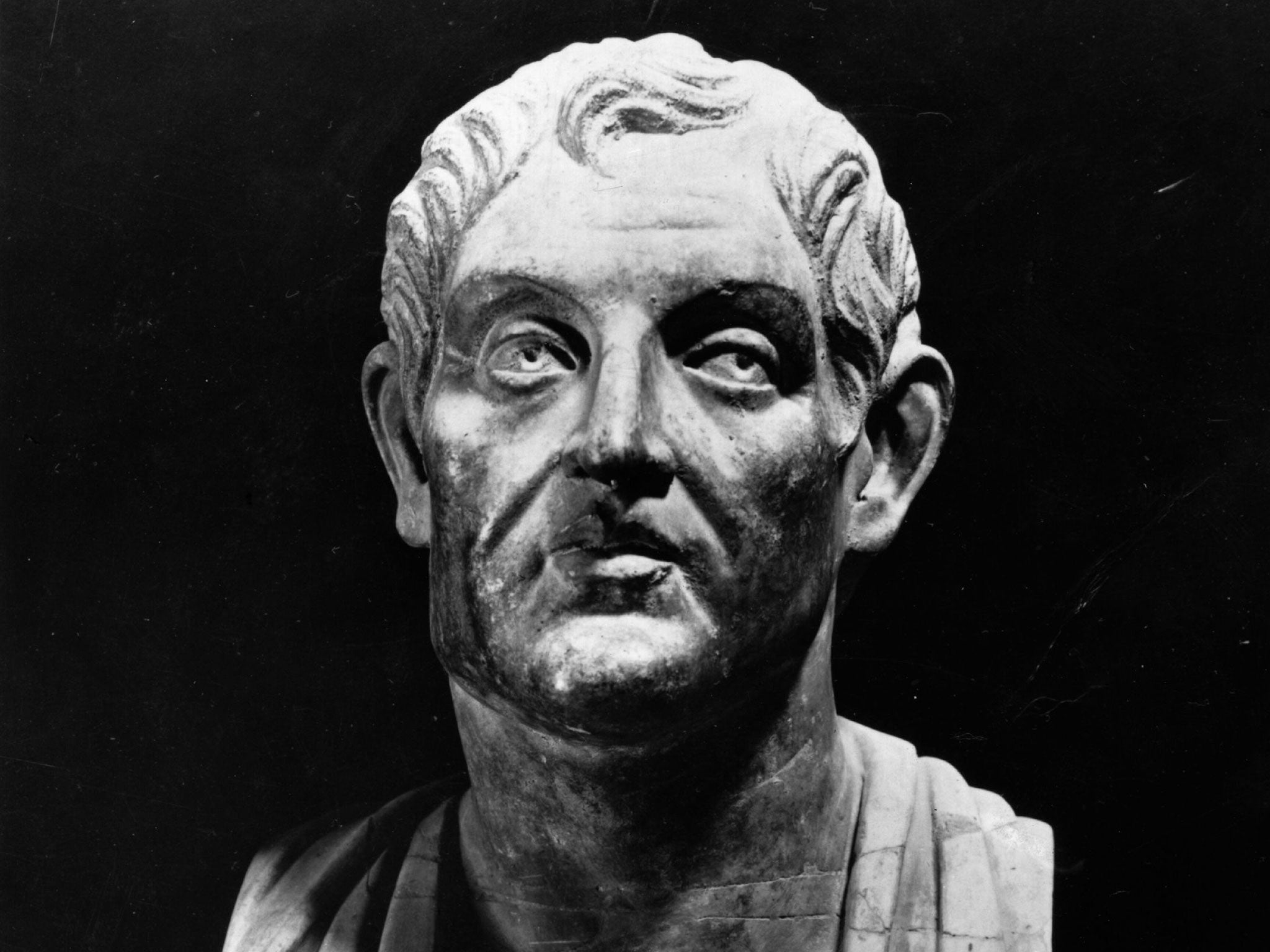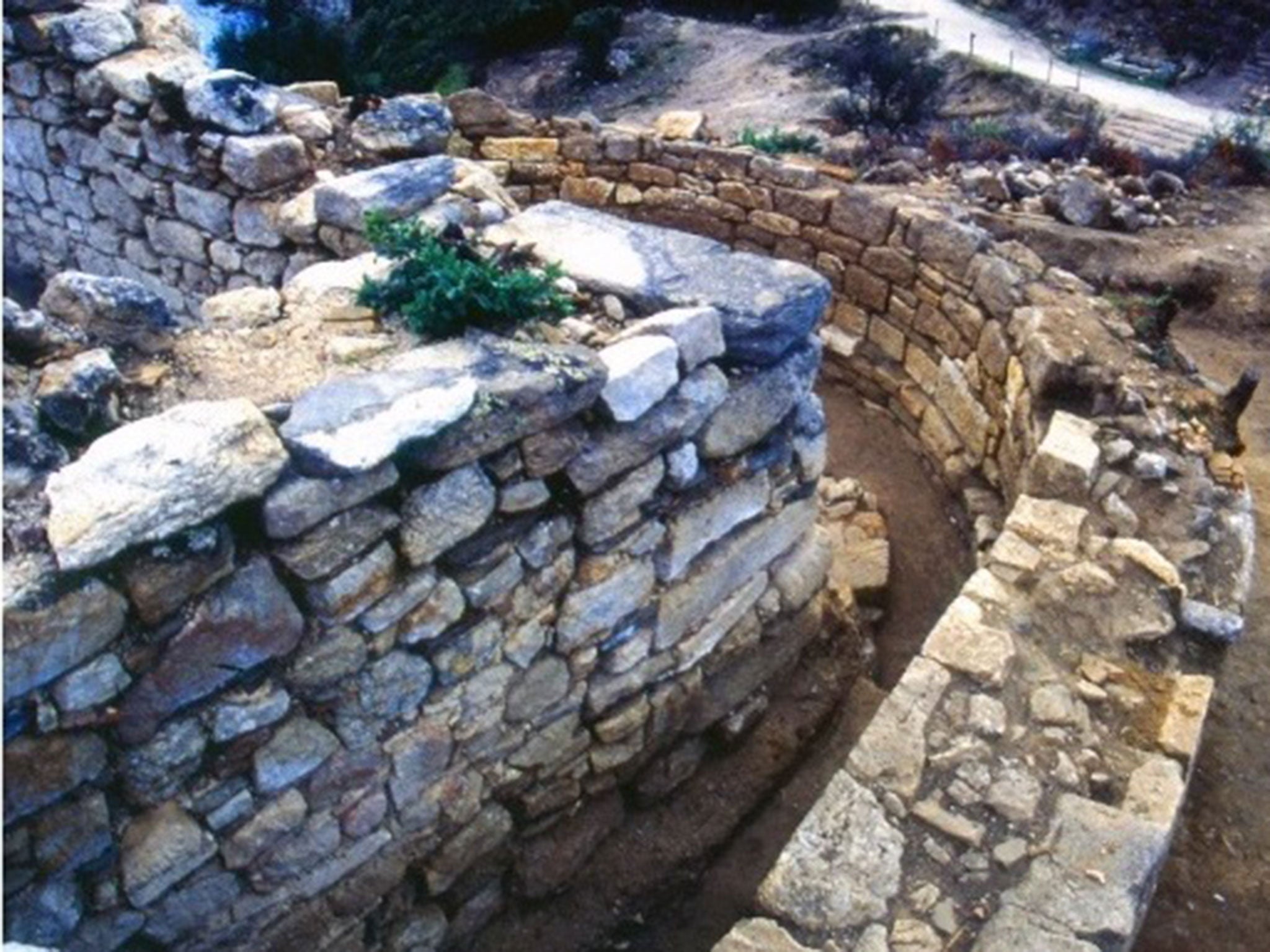'Aristotle's tomb' discovered by archaeologist
The Greek philosopher died in 322 BC, was a student of Plato and teacher to Alexander the Great

Your support helps us to tell the story
From reproductive rights to climate change to Big Tech, The Independent is on the ground when the story is developing. Whether it's investigating the financials of Elon Musk's pro-Trump PAC or producing our latest documentary, 'The A Word', which shines a light on the American women fighting for reproductive rights, we know how important it is to parse out the facts from the messaging.
At such a critical moment in US history, we need reporters on the ground. Your donation allows us to keep sending journalists to speak to both sides of the story.
The Independent is trusted by Americans across the entire political spectrum. And unlike many other quality news outlets, we choose not to lock Americans out of our reporting and analysis with paywalls. We believe quality journalism should be available to everyone, paid for by those who can afford it.
Your support makes all the difference.A Greek archaeologist believes he may have discovered Aristotle’s tomb.
Konstantinos Sismanidis excavated the birthplace of the ancient philosopher in northern Greece in the 1990s, and now thinks that a destroyed structure he came across may have been the last resting place of the teacher of Alexander the Great.
Addressing a conference in the Greek port city of Thessaloniki – held to mark the 2,400th anniversary of Aristotle’s birth this week – he said he had “no proof but just strong indications, as certain as one can be”, to support his theory.
Mr Sismanidis said the arched structure was unearthed in the ruins of Stageira, 40 miles east of Thessaloniki, and was once a public monument where Aristotle was honoured after his death – but that his remains had not been unearthed there.

He said the location of the structure, its view, its positioning at the centre of a square marble floor, and its estimated time of construction all pointed to it having been a shrine to the philosopher.
The archaeologist also quoted medieval references to Aristotle’s ashes being interred in his hometown.
Aristotle, who lived from 384 to 322BC, was a pupil of Plato, and is regarded as one of history’s most influential thinkers and a pivotal contributor to Western philosophy.
He started his own school in Athens, the Lyceum, and spent his life working as a teacher, researcher and writer.
His written works include the Nicomachean Ethics, in which he examined the behaviour and judgements that constitute good living; Politics on society and government; and Poetics, the earliest surviving work on the theory underpinning drama.
Join our commenting forum
Join thought-provoking conversations, follow other Independent readers and see their replies
Comments